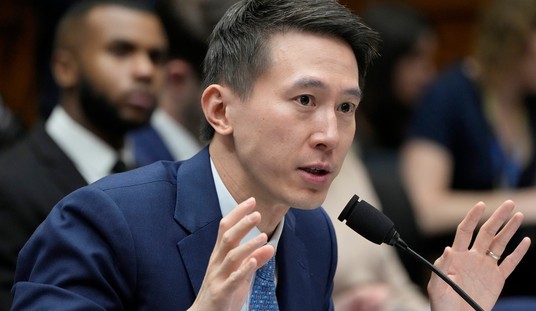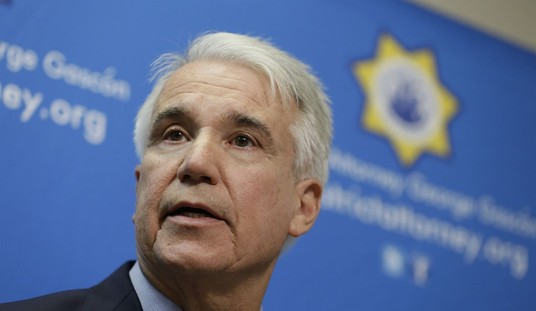The beauty of the Republican Study Committee’s “Cut, Cap and Balance” program was that it made the passage of a balanced budget amendment in both the House and the Senate a condition for any increase in the debt ceiling. In contrast to that, the eventual watered-down deal clumsily engineered by the president and Republican leadership allowed an increase in the debt ceiling in exchange for the inaction of the Super Committee and a mere vote on a balanced budget amendment in both the House and the Senate.
The result has been predictable: Both the House and the Senate have now voted down the idea of a BBA. WaPo reports the action in the Senate today:
The Senate rejected two competing versions of a balanced-budget amendment on Wednesday, sending the proposals to defeat 14 years after the chamber fell one vote short of passing such a measure.
A Democratic plan by Sen. Mark Udall (D-Colo.) garnered only 21 “yes” votes, all from the Democratic side of the aisle. Seventy-nine Democrats and Republicans voted “no.”
A more conservative amendment proposed by Sen. Orrin Hatch (R-Utah) won the backing of all Senate Republicans but got no Democratic support. It failed by 47 to 53.
As that excerpt suggests, not all balanced budget amendments are created equal. When the House voted against a clean balanced budget amendment, I was relieved — and actually irked at the Republicans who voted for it. Similarly, I’m pleased the Senate voted against Sen. Mark Udall’s plan for a balanced budget, which would likely also have led to tax hikes and enabled Congress to skirt spending cuts. Sen. Orrin Hatch’s proposal was far more sound and I’m disappointed — but not surprised — it failed the Democratic Senate.
But the failure of all three — no less than the failure of the Super Committee — underscores the ineffectuality of this summer’s debt ceiling deal. Whatever leaders on both sides of the aisle might say, the final package did virtually nothing to tame the debt and deficit. Now, interest in the issue has waned, as job creation and the presidential primaries have taken pride of place. But it is true this winter no less than it was true this summer: The debt crisis is inextricably intertwined with the jobs crisis. The electorate should still be watching and waiting for Washington to take action on the deficit and debt — and should be just as willing in 2012 as in 2010 to replace any politicians who don’t understand the gravity of the issue.
Update: The Heritage Foundation reminds us that a Balanced Budget Amendment alone would not solve the nation’s fiscal travails. Entitlement reform — a program the Super Committee should have at least started — is also unquestionably necessary.








Join the conversation as a VIP Member